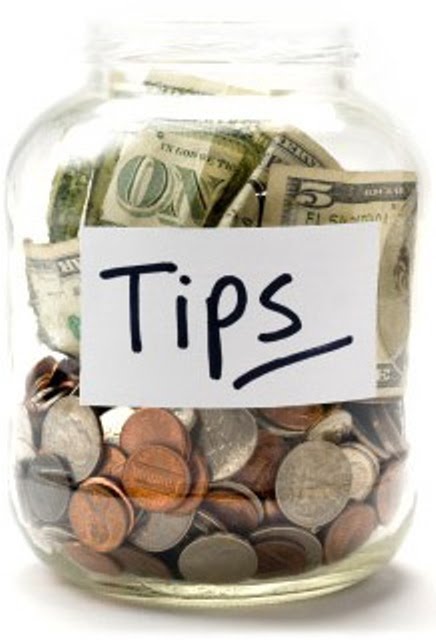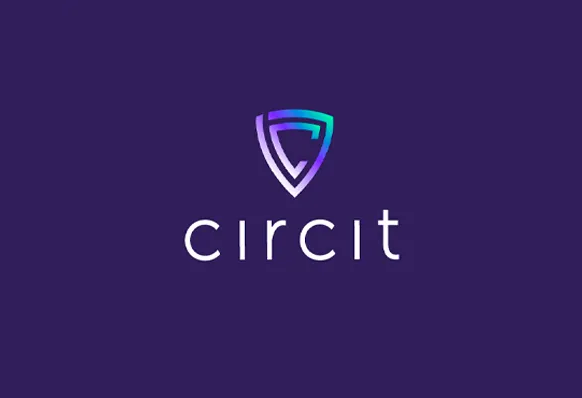Do you ever leave spare change in tip jars or boxes on counters of business establishments? The tax rules for these payments are tricky. In a new Chief Counsel Advice (CCA), the IRS has clarified that cash amounts constituted tips that are subject to IRS notice and demand procedures. As a result, the tips are not currently included in the employer’s share of FICA tax (IRS Chief Counsel Advice 20186010, 4/20/18).
Here’s the scoop: Generally, FICA tax is imposed on amounts defined as “wages” by the tax law. This typically consists of remuneration for employment except for certain limited exceptions.
Employers must deduct from wages and pay over the employee portion of the FICA tax. However, under a special rule for tips, the employer’s obligation only applies to the extent that collection may be made by the employer by deducting the amount of the tax from wages of the employee — excluding any tips –under control of the employer.
Accordingly, tips received by employees in the course of employment are considered remuneration that has been paid by the employer for FICA tax purposes. The remuneration is generally deemed to be paid when a written statement including the tips is furnished to the employer by employees. Otherwise, tips are treated as being paid on the date on which IRS issues a notice and demand for taxes to the employer.
The IRS previously ruled in Rev. Rul. 2012-18 that the following four factors indicate that payments are tips:
- Payment must be made free from compulsion;
- The customer must have the unrestricted right to determine the amount;
- The payment is not the subject of negotiation or dictated by employer policy; and
- The customer generally, the customer has the right to determine who receives the payment.
Key facts of the ruling: An employer engages individuals to perform services on its business premises. It treats these individuals as volunteers and doesn’t directly pay the individuals any form of compensation or benefits for their services, but the individuals receive cash payments from amounts contributed by customers.
The cash amounts are deposited by customers in “tip boxes” placed by the employer in strategic locations to encourage tip-giving. But the employer doesn’t require customers to make cash contributions and those customers have discretion on how much cash, if any, to contribute. The amount of cash in the “tip boxes” is distributed at the end of each work shift based on allocations decided by the individuals.
The employer doesn’t have a system in place for the individuals to provide written statements reporting the cash amounts received. Also, there’s no evidence it has any knowledge of the specific amounts contributed. The employer doesn’t issue Forms W-2s and hasn’t included any wages on the Forms 941 it files with the IRS on a quarterly basis.
Under these facts, the four factors set forth in Rev. Rul. 2012-18 have been satisfied. The fact that the cash contributions are collected by the individuals who work during a shift and are pooled for distribution among them satisfies the fourth factor. The customers generally have the right to determine who receives the payment when the tipped amounts are pooled and the individuals working each shift distribute the cash among themselves. Once the amounts have been properly identified and characterized as tips, the timing of the FICA rules for employer tax liability purposes can be applied.
Because the tips have not been reported to the employer, they are deemed to be paid on the date on which the IRS issues a notice and demand for the taxes to the employer. Thus, the tips aren’t subject to the employer share of FICA tax until that time.
Thanks for reading CPA Practice Advisor!
Subscribe Already registered? Log In
Need more information? Read the FAQs




